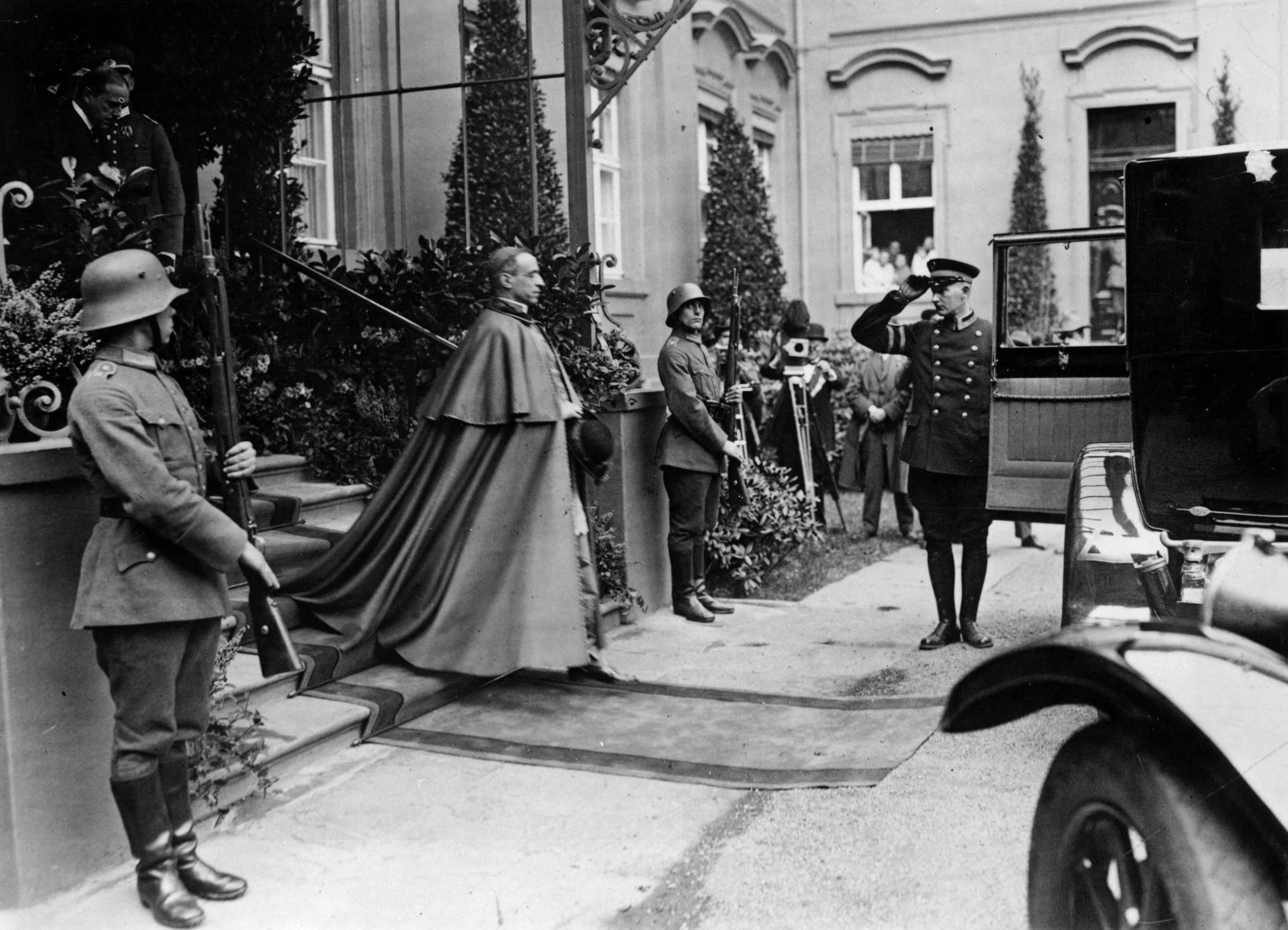There is complicity in silence. Martin Niemöller, a prominent Lutheran pastor in Germany famously wrote, “First they came for the socialists, and I did not speak out — because I was not a socialist. Then they came for the trade unionists, and I did not speak out — because I was not a trade unionist. Then they came for the Jews, and I did not speak out — because I was not a Jew.
Then they came for me — and there was no one left to speak for me.”
Since the end of World War II, Pope Pius XII — who reigned from 1939 to 1958 — has been accused of being “Hitler’s Pope” for his notable silence on the Holocaust and the deportation of Italian-born Jews. While the Vatican maintained a strictly neutral stance during the war, Historians are torn as to whether Pius XII was an anti-Semite, actively working with Hitler, or secretly helped the Italian Jewish population.
For the first time, the Vatican archives will be open to all researchers. Johan Ickx, a Vatican archivist, tells NPR, “We have now passed 1 million and 300,000 documents that are digitalized and interfaced with an inventory for it, to help the researchers to go quickly.”
While the Vatican typically waits 70 years after the death of a pontiff to allow archival access to scholars, last year Pope Francis made the decision to allow access to the wartime records declaring, “The Church is not afraid of history.”
For historians, this remains to be seen.
As sweeping anti-Semitic laws were enacted in Italy in 1938, the Vatican and the Italian Catholic Church did little to protect the nation’s Jewish population — they did not protest and they “limited themselves to requesting mercy for Jewish converts to Catholicism or Jewish marital partners of Catholics,” writes the Italian news outlet La Stampa.
Pius XII was silent still when Nazis raided a Jewish ghetto a mere 800 yards from St. Peter’s Square. The Nazis deported 1,259 Jews that night. Only 16 survived the war.
Similar charges have been leveled against the Catholic Church in Germany in its complicity in the death of more than 11 million souls and its knowledge of Hitler’s euthanasia program, where thousands of physically and mentally disabled German citizens were murdered.
With millions of documents to pore over, Vatican officials tell the Associated Press that it will take years to draw a formal conclusion about Pius XII’s role during WWII.
David Kertzer, a professor at Brown University and author of The Pope and Mussolini: The Secret History of Pius XI and the Rise of Fascism in Europe, tells NPR, “We know [Pius XII] didn’t take any public action,” he says. “He didn’t protest to Hitler. But who within the Vatican might have been urging him to do so? Who might have been advising him caution? That’s the kind of thing I think we’ll find out, or hope to find out about.”

